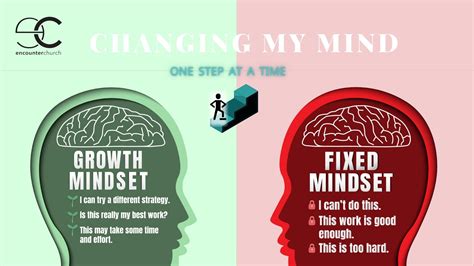Men often face moments of stagnation, whether it’s muscle gain slowing down or savings taking an unexpected hit. These plateaus and dips can be incredibly frustrating, leading to feelings of demotivation or even defeat. While seemingly disparate, the underlying psychological challenge—and its solution—is remarkably similar across both domains. The secret lies in a profound mindset shift.
The Core Mindset Shift: From Fixed Outcomes to Adaptive Processes
The conventional approach often focuses intensely on a desired outcome: a specific physique, a certain net worth. When progress towards these fixed targets halts or reverses, it can feel like a personal failure. The transformative mindset shift involves moving away from this rigid outcome-orientation towards an adaptive, process-driven perspective. It’s about understanding that the path to success is rarely linear and embracing the journey of continuous adjustment and learning.

Conquering Workout Plateaus with an Adaptive Mindset
In fitness, a plateau is often a signal, not a stop sign. Instead of pushing harder with the same failing strategy or giving up, an adaptive mindset prompts introspection. It asks: What needs to change? This could mean altering training volume, switching exercises, refining nutrition, improving recovery, or even taking a deload week. The focus shifts from “I can’t get stronger” to “How can I adapt my training to get stronger?”
Viewing a lack of progress as data rather than defeat empowers men to experiment, learn from results, and adjust their strategy. This iterative process, guided by curiosity and a commitment to improvement, is far more effective than brute-forcing a non-working approach.

Navigating Financial Dips with a Process-Oriented View
Financial dips, whether due to market volatility, unexpected expenses, or career changes, can trigger anxiety and a sense of loss. A fixed mindset might view this as a failure of financial planning or personal capability. However, an adaptive mindset reframes it as a challenge requiring strategic recalibration.
Instead of panicking, this mindset encourages evaluating the situation calmly. It prompts questions like: Can I adjust my budget? Are there new income streams to explore? Do my investments need rebalancing, or is this a temporary fluctuation? It’s about controlling what you can control, learning from economic shifts, and patiently sticking to a flexible, long-term plan rather than abandoning it at the first sign of trouble.

The Unifying Principle: Resilience Through Iteration
What unifies these two seemingly disparate challenges is the power of resilience cultivated through an iterative approach. Whether in the gym or managing money, the mindset shift is about accepting that setbacks are part of any long-term journey. They are not endpoints but rather crucial feedback loops that inform the next phase of action.
This perspective fosters a deeper sense of control and agency. It replaces frustration with problem-solving, and self-criticism with self-compassion and strategic thinking. It’s about building a robust internal framework that thrives on adaptation, viewing every obstacle as a chance to refine one’s strategy and ultimately, grow stronger.

Cultivating the Adaptive Mindset
Adopting this mindset isn’t an overnight change. It requires conscious effort:
- Practice Self-Awareness: Acknowledge frustration but don’t dwell. Ask “What can I learn?”
- Focus on Process Goals: Instead of “lose 10 pounds,” aim for “exercise 4 times a week and track calories daily.”
- Embrace Experimentation: Be willing to try new approaches and analyze their effectiveness.
- Seek Feedback: In fitness, a coach; in finance, a mentor or expert advice.
- Celebrate Small Wins: Acknowledge progress in adaptation, not just outcomes.

Overcoming workout plateaus and financial dips isn’t about brute force or wishful thinking; it’s about a fundamental shift in how one perceives challenges. By moving from a fixed, outcome-based view to an adaptive, process-oriented mindset, men can transform obstacles into stepping stones. This powerful internal change equips them not just to survive setbacks, but to truly thrive through them, building sustainable success in all areas of life.




